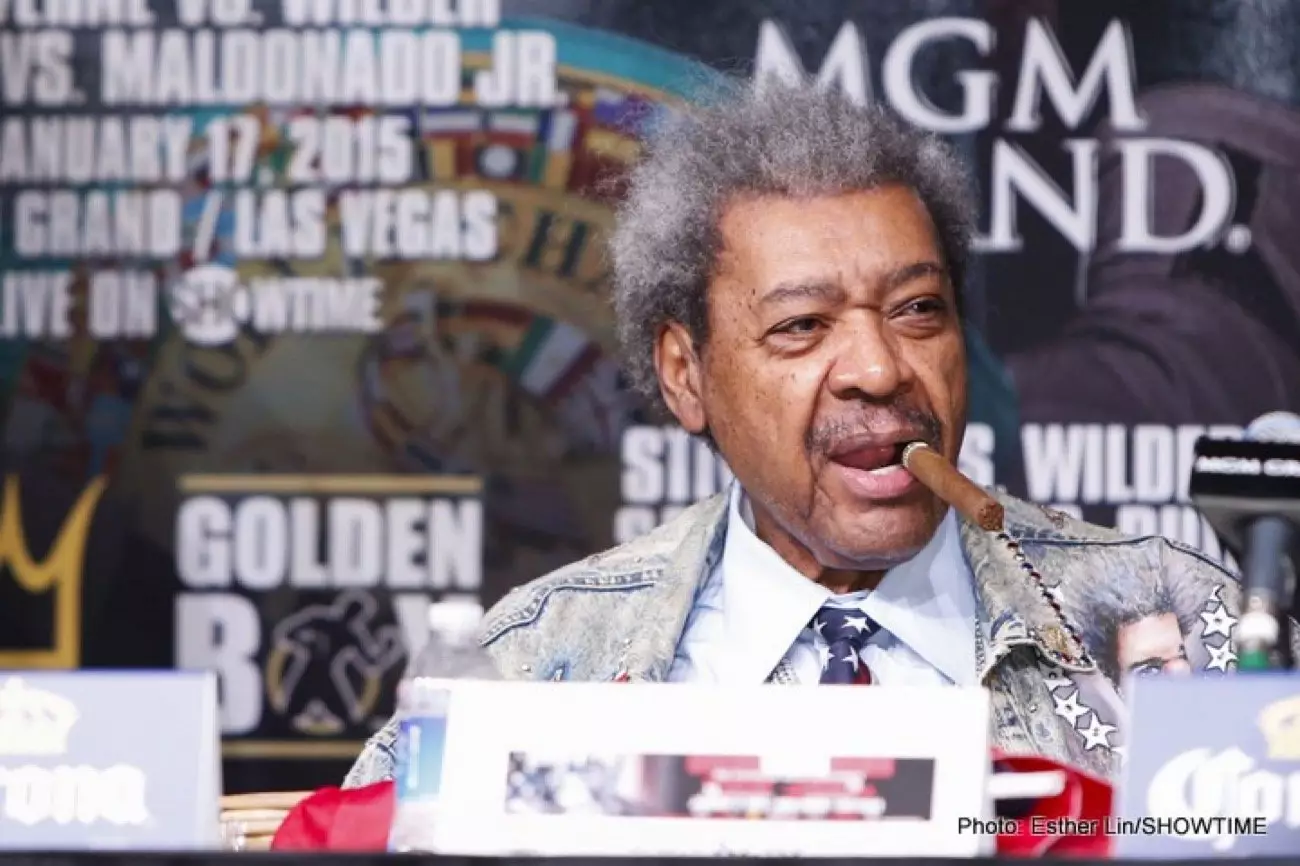The World Boxing Association (WBA) has recently outdone itself, managing to redefine the meaning of absurdity in professional boxing. Enter Kubrat Pulev and Michael Hunter, two heavyweight fighters about to contend for the WBA “Regular” Heavyweight Title—a title so irrelevant that its very existence might lead one to question the integrity of boxing itself. This bout, organized by none other than the legendary (or perhaps infamous) Don King, seems to embody everything that is wrong with the current apparatus of boxing promotions.
Don King, aged 93, is not just a relic of a bygone era; he is the personification of boxing’s chaotic past. With methods so antiquated they could be used as a running gag in a sitcom, King still manages to infiltrate the modern boxing landscape—unsurprisingly, given that he is about as far removed from the digital age as one can get. By spending an astonishing $1.1 million in a purse bid while juggling stacks of faxes and possibly even carrier pigeons, King epitomizes contrasting approaches to promotion. While young promoters scramble to navigate high-tech streaming deals and convoluted social media strategies, King has retained a kind of old-world hustle that feels more like an anachronism than a viable business model.
The Uselessness of the Title
Yet, one must ponder: why is the WBA still sanctioning bouts for a title that serves no substantial purpose? The “Regular” title, in essence, has become a emblem of mediocrity, akin to a participation trophy that no one asked for. The proliferation of belts—super champions, interim champions, gold and silver champs—has diluted their value to the point where they barely hold water. In a sport that prides itself on elite competition, the option of winning a “Regular” title feels akin to a knockoff designer handbag; it’s shiny, superficially appealing, but lacks any real substance.
To illustrate the point of absurdity, consider the fighters themselves. Kubrat Pulev, now 44 years old, exhibits agility akin to a truck lumbering through molasses. Once a contender, he hasn’t truly been relevant since his defeat to Wladimir Klitschko nearly a decade ago. His existence in the ring is sustained not by merit, but by the artificial lifeline that the WBA has thrown him. Meanwhile, Michael Hunter, a skilled fighter in his own right, has recently found his day-to-day life overshadowed by bouts that hardly make headlines. Winning a “Gold” title against Cassius Chaney—essentially a shiny piece of tin—will hardly elevate his status on the global boxing scene.
A Clash Between the Past and the Present
As the fight between Pulev and Hunter inches closer, the promotional material hails it as though it were an epic showdown, the likes of which we’d see in an age when boxing meant something profound. Viewers are expected to believe that this clash embodies the sport’s honor and tradition when it is, in reality, just another footnote in boxing history. The fight has been turned into a spectacle, a vessel for the WBA to parade their distorted sense of significance, attempting to convince fans that this is a bout worth caring about.
While genuine world champions wrestle with legitimacy and rising stars grapple for visibility, the WBA choose instead to celebrate mediocrity as if it were an Olympic event. In a landscape cluttered with influencer-fueled fanfare and gimmicky fights, Don King’s shabby approach stands in stark contrast. His office may be filled with the remnants of yesteryear, but the veteran promoter intuitively understands the art of getting fights made—whether that involves using postage stamps, duct tape, or handwritten letters.
Realities of Boxing Today’s Business
The question looms larger: in a marketplace that appears ripe for innovation and transformation, how has boxing allowed itself to deteriorate into farcical encounters? It is a reflection of a broader malaise within the sport. The landscape has been polluted by financially motivated bouts that prioritize short-term spectacle over long-term narrative. The glory days of competitive integrity seem but a distant memory, obscured by a myriad of shiny belts that simply cannot deliver the authenticity fans crave.
Don King’s persistence serves as a reminder that sometimes the old ways are still the most effective, even if they evoke a sense of nostalgia for a more honorable era. While other promoters may be scrambling to gain traction in an evolving digital ecosystem, King remains steadfastly rooted in his traditional methodology, crafting events that ironically showcase boxing’s drastic transformation into a pantomime.
So, as the WBA rolls out the red carpet for Pulev vs. Hunter, one can’t help but appreciate the monumentally absurd nature of it all. The WBA is not merely a boxing sanctioning body; it has become a theatre for comedic irony where titles are paperweights, and the fighters, albeit talented, are mere players in a tragicomedy unfolding in the ring.

